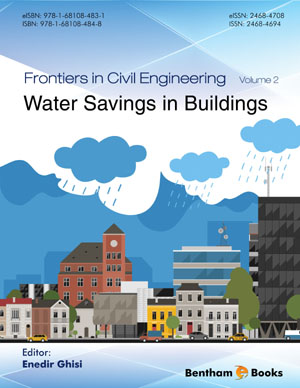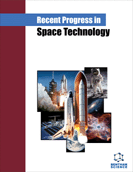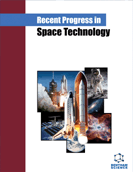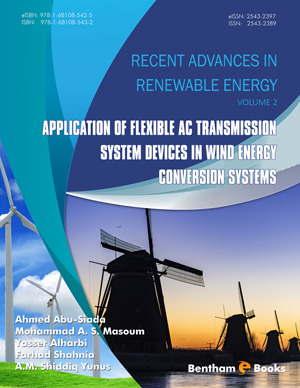Abstract
Nowadays, water management is necessary to optimize the use of this key resource. As such, increasing water efficiency through the reduction of consumption and/or resorting to alternative water sources is a challenge of the near future. Rainwater harvesting is an accessible alternative source of water for non-potable and potable uses in many parts of the globe. Rainwater can be collected easily and, in many cases, its use may not require significant treatment, even for potable purposes. Yet, rainwater harvesting (RWH) systems are still not common in most of the water supply projects, namely in Mediterranean countries such as Portugal. The promotion of RWH systems involves viability analyses estimating the expected water savings for different climate and water consumption patterns. This chapter evaluates the performance of rainwater harvesting systems of several case studies in Portugal, covering different water use patterns and geographical locations. The water consumption pattern, both in time and end-use, influences the potential for rainwater use. Water consumption was monitored in residential buildings (a single family house and a building), a shopping centre and a university building. Simulations are presented for different locations in Portugal, in order to assess the influence of weather in the efficiency of RWH systems. In addition to the rainfall amount, its distribution in time and space also contributes for the rainwater availability. The operational data from an existing rainwater harvesting system is used to calibrate the model and evaluate its sensitivity to the main parameters. Tank optimization for each case study is discussed. The Mediterranean climate, characterized by distinct wet and dry seasons and significant variability of the rainfall events intensity and duration, shows substantial variation of the inter-annual water savings from a rainwater harvesting systems. The results show that rainwater harvesting systems in Portugal are a relevant alternative water source in different types of building.
Keywords: Commercial buildings, Portugal, Rainwater harvesting, Rainfall regime, Residential buildings, Simulation, University buildings, Validation, Water consumption pattern, Water savings.


















